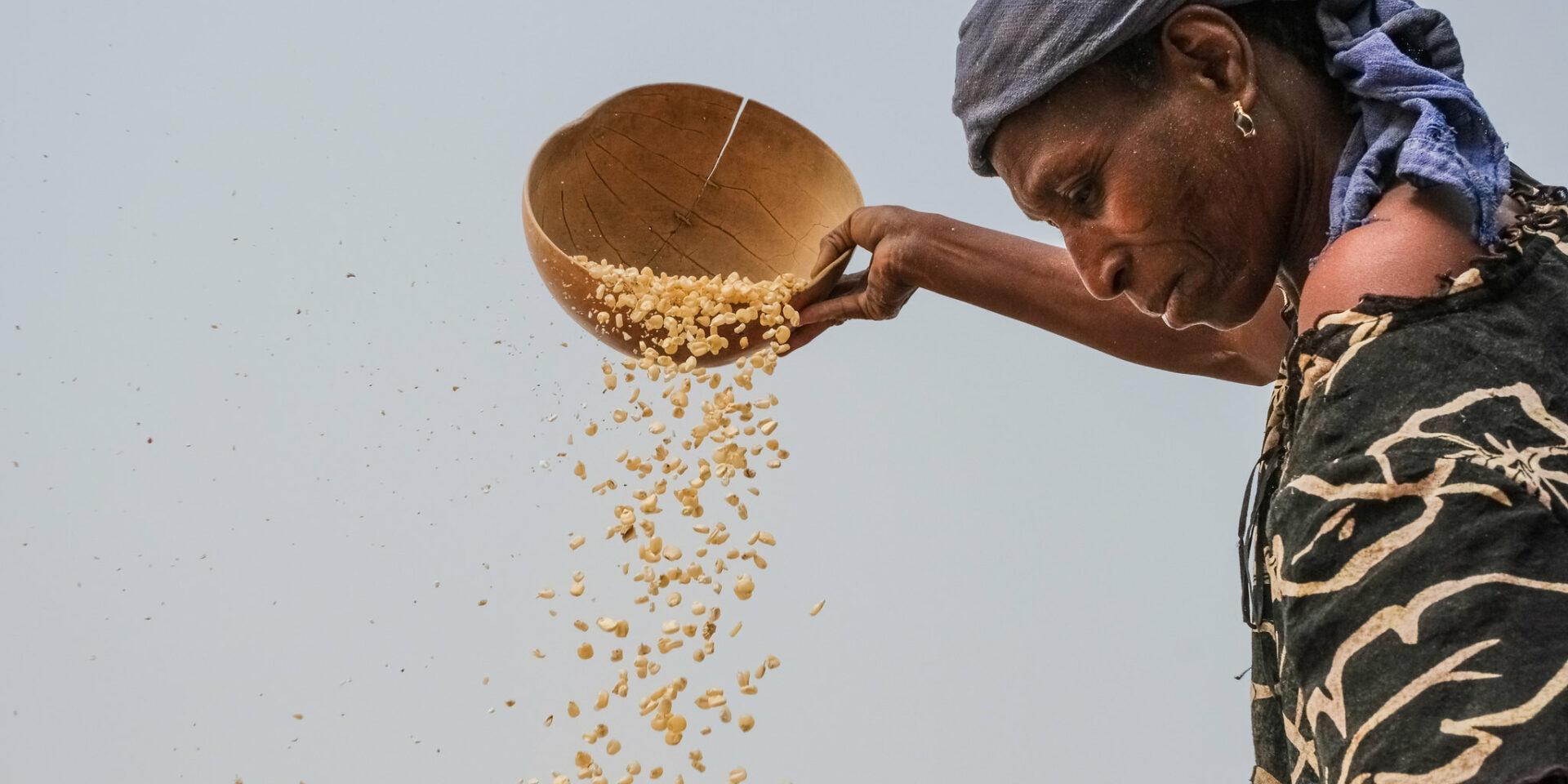Can improved crop breeding boost gender equality?
 Photo: Axel Fassio/CIFOR
Photo: Axel Fassio/CIFOR
More than ever, food systems and livelihoods are dependent on agricultural innovation. Yet, particularly in the Global South, women do not always benefit from these as much as men.
But research in rural areas demonstrates that empowering women economically and in domestic spheres leads to progress on education, nutrition, and food security. As women are often the primary caretakers in households, their nutritional status, childcare practices, as well as their personal sources of income, can influence the entire household’s nutrition and wellbeing.
In the realm of crop breeding, this means breeders must understand the needs and preferences of women.
But the traits desired by women and men are often quite different. For example, men may prefer a high-yielding crop variety, assuming it will bring in more income at market. But women farmers may reject it if it is hard to prepare, or if their children refuse to eat it. Knowing what traits women prefer means varieties are more likely to be broadly and rapidly adopted – and meet the work, nutrition, and production needs of women.